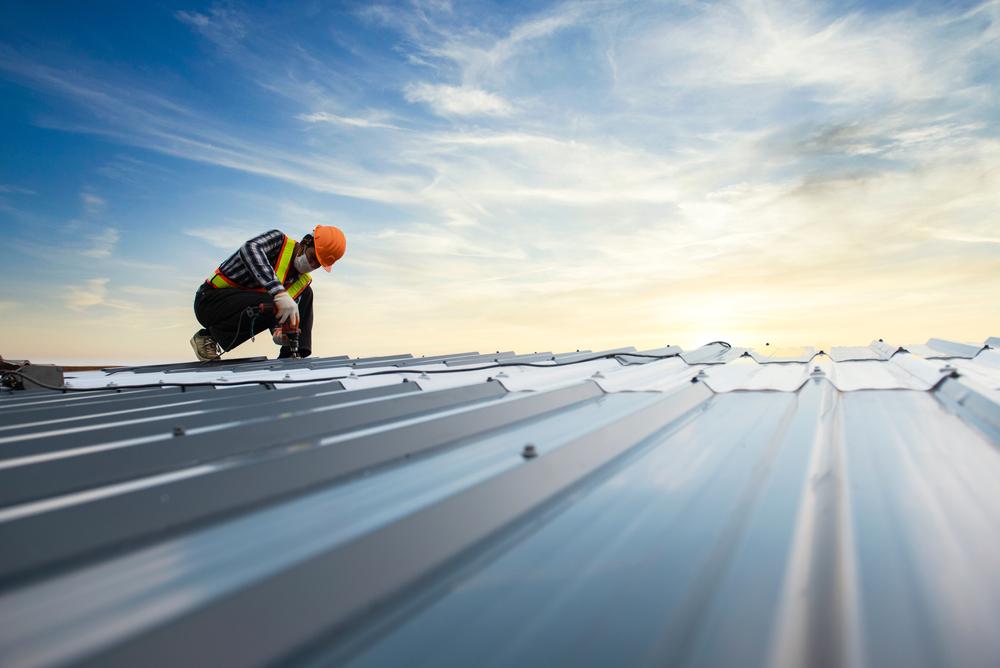In the ever evolving landscape of construction, the quest for sustainability and energy efficiency has become paramount. As nations worldwide focus on creating environmentally responsible and energy efficient buildings, the role of insulation has come to the forefront. In this blog, we delve into the significance of foam board insulation in modern construction and how it contributes to future proofing your space. Welcome to the Insulation Nation.
Understanding the Insulation Imperative
In the face of climate change and rising energy costs, constructing buildings that are both environmentally friendly and economically sustainable has become a priority. Adequate insulation plays a pivotal role in achieving these goals by reducing energy consumption, lowering utility bills, and minimizing a structure’s carbon footprint. The insulation nation is awakening to the fact that a well insulated building is not only energy efficient but also provides a comfortable and healthier indoor environment.
Foam Board Insulation A Modern Marvel
Foam board insulation has emerged as a modern marvel in the construction industry. Composed of polystyrene, polyisocyanurate, or polyurethane, foam boards offer a lightweight and versatile solution for insulating walls, roofs, and floors. The material’s closed cell structure provides excellent thermal resistance, making it an ideal choice for climates with extreme temperatures.
-
High Thermal Resistance: Foam board insulation boasts high thermal resistance, meaning it effectively resists the transfer of heat. This characteristic helps maintain consistent indoor temperatures, reducing the need for excessive heating or cooling. As a result, buildings insulated with foam boards enjoy energy savings and contribute to a more sustainable future.
-
Moisture Resistance: Moisture intrusion can compromise the structural integrity of a building and lead to mold growth, posing health risks. Foam board insulation’s closed-cell structure acts as a barrier against moisture, preventing water vapor from penetrating walls and ceilings. This moisture resistance not only protects the building but also ensures a healthier indoor environment.
-
Versatility in Application: Foam board insulation is remarkably versatile and can be applied to various parts of a building, including walls, roofs, and floors. Its flexibility allows for seamless integration into both new constructions and renovations, offering builders and homeowners alike a reliable and efficient solution for improving energy performance.
- Durability and Longevity: Unlike some traditional insulation materials, foam board insulation is known for its durability and longevity. It does not degrade over time, maintaining its thermal resistance and protective qualities for an extended period. This durability contributes to the long-term sustainability of a building and reduces the need for frequent replacements.
The Insulation Nation Movement
The growing emphasis on sustainable and energy-efficient construction has given rise to the Insulation Nation movement. Nations worldwide are recognizing the importance of implementing stringent building codes and standards that prioritize insulation in construction projects. As part of this movement, foam board insulation has become a key player in achieving the ambitious goals set by governments to reduce carbon emissions and create resilient, energy-smart communities.
Government Incentives and Regulations: Many countries are incentivizing energy efficient construction practices through tax breaks, rebates, and other financial incentives. Governments are also implementing stricter building codes that mandate the use of energy-efficient materials, including foam board insulation. This not only benefits the environment but also supports homeowners in reducing their energy bills.
- Rising Awareness Among Builders and Homeowners: The Insulation Nation movement is fueled by a growing awareness among builders and homeowners about the long-term benefits of proper insulation. As people become more conscious of their environmental impact, they are increasingly seeking construction solutions that align with sustainability goals. Foam board insulation, with its myriad benefits, has become a preferred choice for those looking to future-proof their spaces.
Conclusion
In the pursuit of constructing buildings that stand the test of time, foam board insulation has emerged as a key player in the modern construction industry. As the Insulation Nation movement gains momentum, the role of insulation in creating energy efficient and sustainable spaces cannot be overstated. Whether you are embarking on a new construction project or contemplating a renovation, considering foam board insulation is a step towards future proofing your space and contributing to a greener, more sustainable world. Embrace the insulation nation a movement that recognizes the transformative power of insulation in shaping the buildings of tomorrow.



